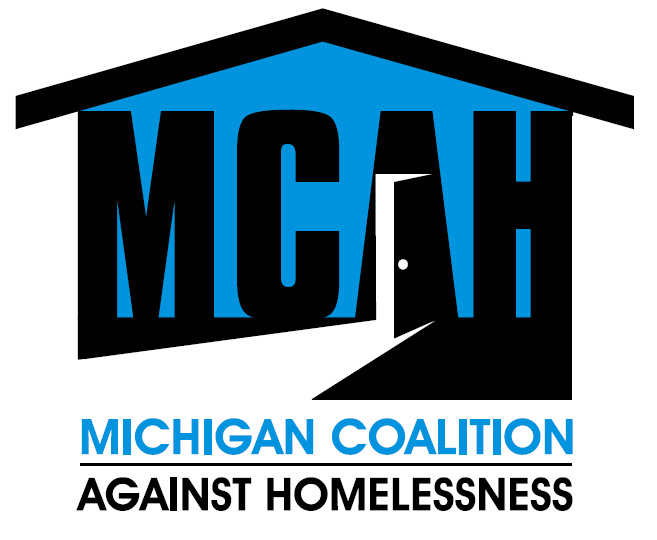LANSING, MI—Chronic homelessness is defined as living on the streets for 12 months out of the last 36. A number of shelters and organizations are finding their own ways to address the needs of these citizens in Lansing. One of the organizations is the Michigan Coalition Against Homelessness (MCAH).
According to MCAH’s communications manager Amy Stephenson, MCAH works more “behind the scenes.”
Founded in 1991, this non-profit attempts to create advocacy and give a platform for the voices of homeless people to affect systemic change to end homelessness. MCAH focuses on training people to work directly with the unhoused and to advocate for legislative changes on local, state and federal issues. Some of their initiatives include information campaigns that educate people on issues such as as the House Committee on the Budget releasing a budget resolution, which was released on March 6 and calls for spending cuts as high as 30% to domestic programs.
“We introduce different pieces of state-level legislation that could be anywhere in the process. And we let people know what they are,” said Stephenson.
MCAH works to make sure that legal jargon does not keep people from being educated about policies and legislation being enacted by their representatives.

“I tried to send an email out after that to save everything we talked about,” Stephensen said in regards to MCAH’s information campaign process. “If you only have like, five or 10 minutes, here’s five things you can do to advocate for federal legislation. Here’s an email of somebody. I try to make it quick because people don’t have all day to do this. They have the real jobs, but we send a follow-up email out to help them take action.”
MCAH offers a variety of training to those who work at shelters or are involved with homeless people in other ways. They have held workshops on many topics, such as All Things Federal Funding, Beyond Neurobiology: Practical Application for Addressing Trauma, Case Notes 101 and Domestic Violence 101 among many other important topics.
Despite the many hours put into this work, Stephenson ensures that they are not the ones who deserve the most credit.
“The folks on the frontlines, to me, are really doing the hard work,” she said. “You know, running shelters, doing street outreach, running food pantries, it’s a different work. But they don’t have the time or bandwidth to do all this. And so it’s it’s very much a group effort, I would say to try to solve this problem at different levels. But that’s what we’re here for.”
To Stephenson, there is always more work to be done, and their goal is to ensure all people have accessible, affordable housing someday.
Right now, they are hoping to get more people with lived experience (PWLE) of being unhoused into the field, working on advocacy and legislation projects.
“Their voices should be heard because they’ve actually lived being homeless and having to navigate these agencies and what that’s like personally,” Stephenson said. “So we’re doing a lot of outreach to engage with people with lived experience so that our policies and our work is informed by what they think is best.”
The coalition believes that the future of this work lies with informed decisions based on PWLE, and the next generation of people that undertake this work.
“I’ve been in the nonprofit place space a long time, I’ve done great things,” Stephenson added. “But the next generation is really what’s gonna, I think, change things.”